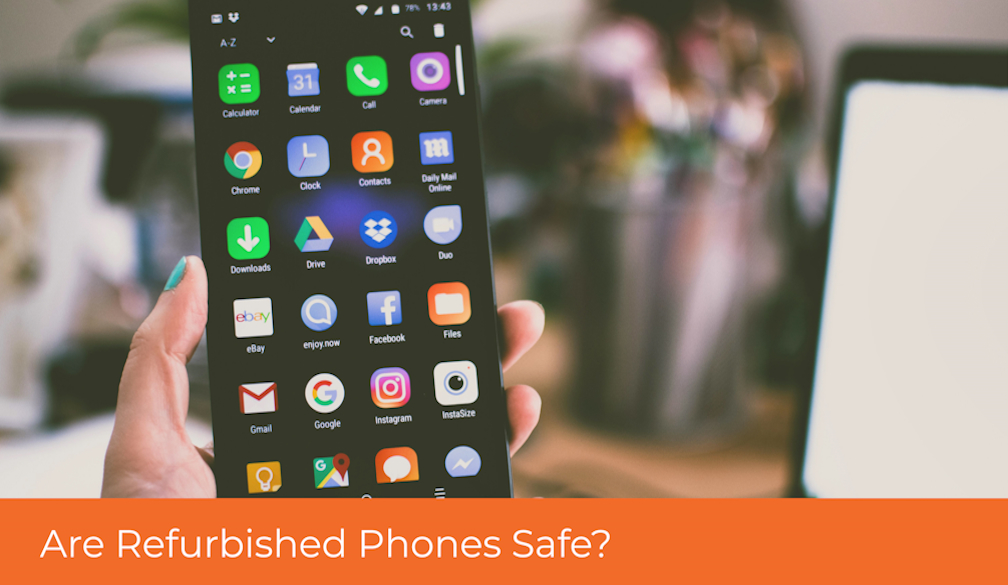Space Law: Who Owns Outer Space and Celestial Bodies?
- Written by John Bui

The Outer Space Treaty governs space law. This Treaty states that no country can claim ownership of any part of the space. This means that the use of space, and opportunities for exploration of space is available to all countries. This also means that no nation can claim sovereignty over celestial bodies such as the Moon and other planets
What Is Space Mining?
Space mining refers to the extraction of minerals and resources from celestial bodies. The legal framework for space mining is primarily governed by the Outer Space Treaty. However, it also specifies that such activities should be for peaceful purposes and should benefit all countries.
Some key points related to space mining and international law include:
The Common Heritage of Mankind: The Outer Space Treaty establishes the principle that celestial bodies are the "province of all mankind." Any resources extracted from these bodies should be used for the benefit of all nations, and any mining activities must avoid harmful contamination.
Licensing and Regulation: Nations cannot claim ownership of celestial bodies. However, they can grant licences to companies and entities for space mining activities. These licenses must comply with international law, and nations are responsible for regulating and supervising the activities of their registered entities.
Liability and Responsibility: Nations are responsible for the actions of their space mining companies. They may be held liable for any damage caused by these activities to other nations' spacecraft, celestial bodies, or the space environment.
Evolving Legal Framework: The international community has been discussing and developing guidelines and regulations related to space mining. The Artemis Accords, for example, are a set of principles signed by multiple countries, including Australia, aimed at promoting peaceful and sustainable space exploration, including mining.
Lastly, as Australia is also a signatory to the Outer Space Treaty, it is also actively involved in space-related activities. While Australia does not possess celestial bodies, it has a significant interest in space mining due to its strong presence in the space industry and its potential involvement in future lunar or asteroid mining projects.
Author info:
John Bui is the Principal Solicitor of JB Solicitors – a law firm based in Sydney, Australia. John has extensive knowledge in the areas of family law and commercial litigation.






